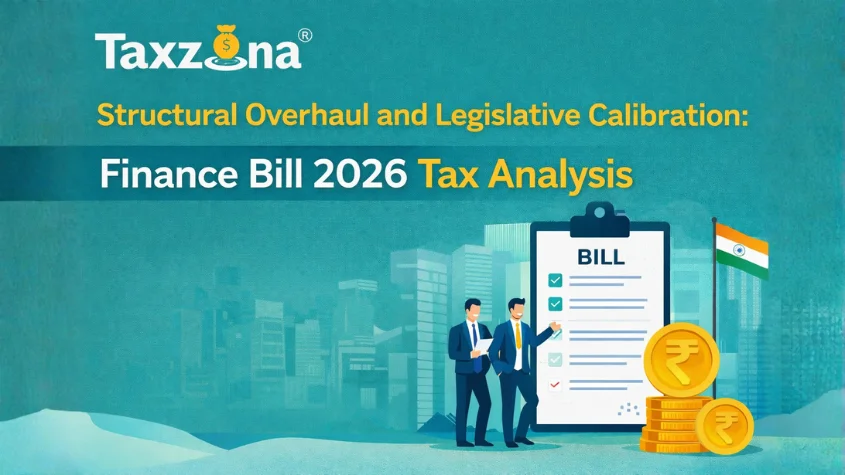
Sikkim HC Allows Refund of ITC on Business Closure
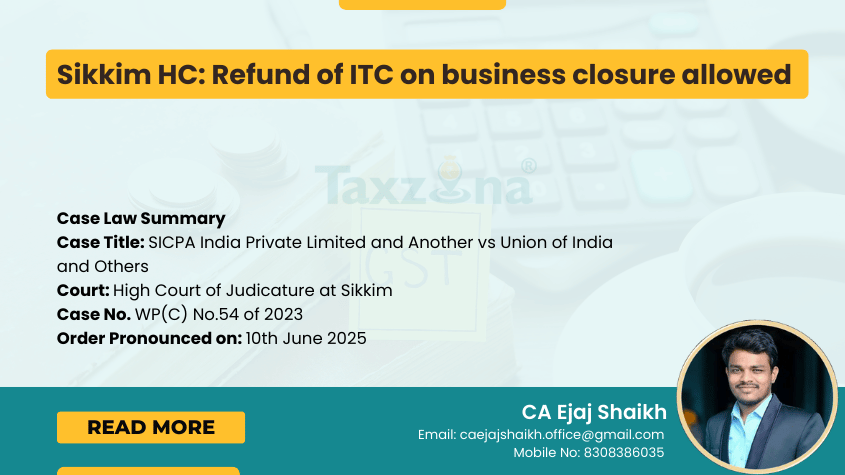
1. Issue Involved
- The central issue in this case was whether refund of unutilized Input Tax Credit (ITC) under Section 49(6) of the Central Goods and Services Tax Act, 2017 (CGST Act) can be claimed by a registered person upon closure of business, despite Section 54(3) limiting refund of ITC only to two situations – zero-rated supplies and inverted duty structure.
- The question was whether the absence of express provision for refund on closure amounts to denial of such refund, or whether vested rights of accumulated ITC can still be claimed.
Facts of the Case
- SICPA India Private Limited, engaged in the manufacture of security inks, was registered under the GST law in the State of Sikkim.
- In January 2019, the company decided to discontinue its operations in the state. Between April 2019 and March 2020, it sold all its machinery and manufacturing facilities and duly reversed the Input Tax Credit (ITC) wherever applicable during such disposals. After closure, the petitioner was left with unutilized ITC of ₹4,37,61,402/- in its Electronic Credit Ledger and sought a refund of this balance under Section 49(6) of the CGST Act.
- The refund application was rejected by the Assistant Commissioner on 08-02-2022, holding that there was no statutory provision allowing a refund of ITC on business closure.
- On appeal, the Appellate Authority upheld the rejection on 22-03-2023, reasoning that Section 54(3) permits refund only in specific cases (zero-rated supplies or inverted duty structure), and closure of business is not one of them.
- Aggrieved, the petitioners approached the High Court of Sikkim under Articles 226 and 227 of the Constitution, seeking quashing of the appellate order and a direction to grant a refund.
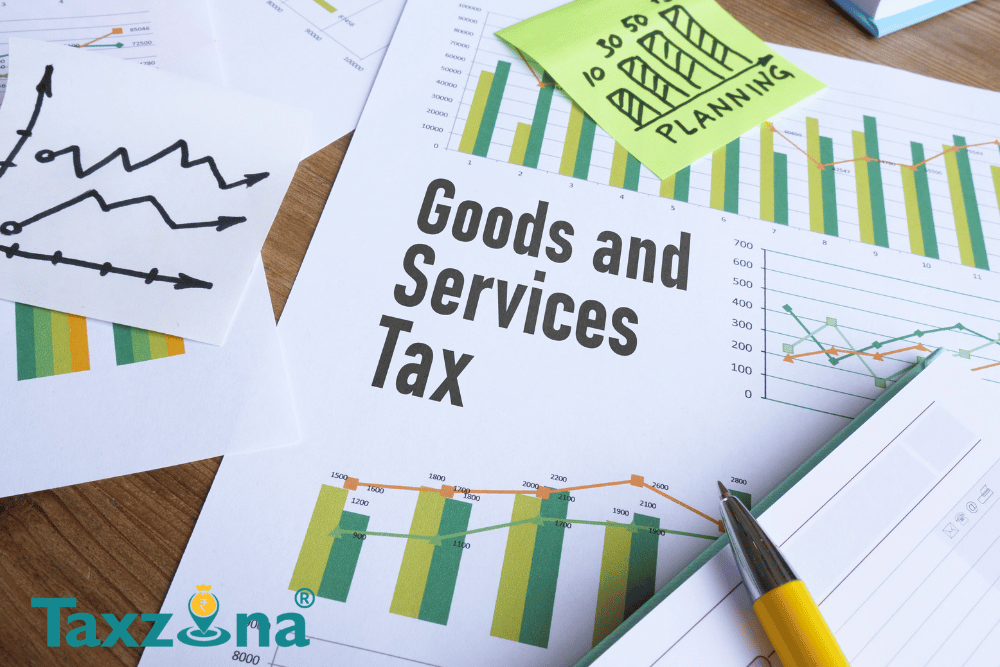
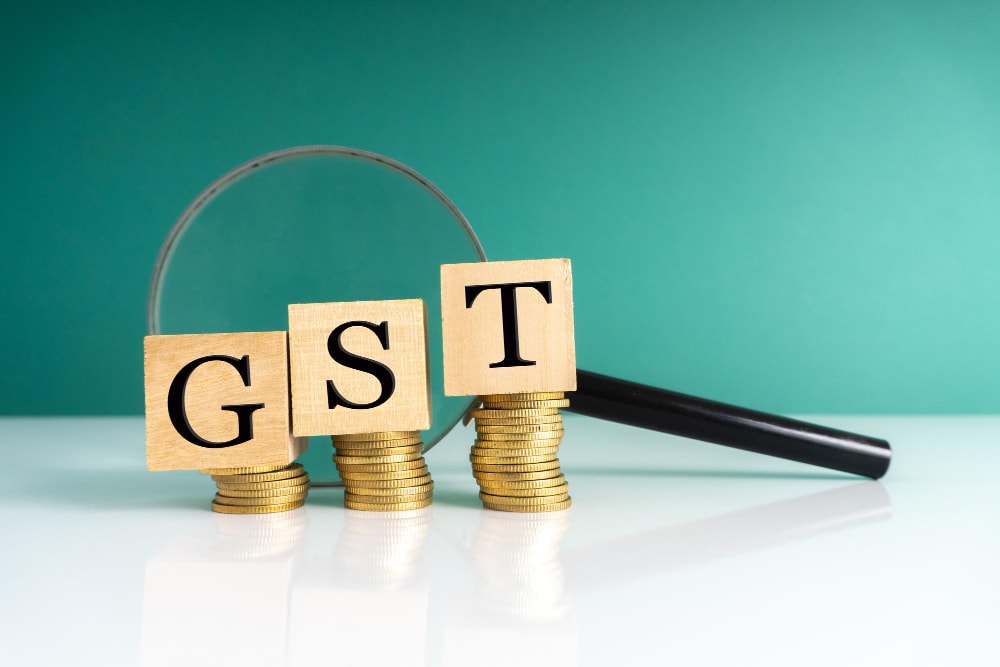
3. Observations of the Court
- The Court first addressed the objection regarding maintainability raised by the Respondents, who argued that an alternative remedy of appeal under Section 112 of the CGST Act was available and not exhausted.
- The Court referred to the Supreme Court’s rulings in State of U.P. vs. Indian Hume Pipe Co. Ltd. (1977) and Godrej Sara Lee Ltd. vs. Excise and Taxation Officer (2023), which held that writ jurisdiction under Article 226 is plenary and not barred merely due to existence of alternative remedies, especially when the dispute involves a pure question of law rather than disputed facts.
- On examining the statutory provisions, the Court noted that Section 49(6) allows a refund of balance in the electronic cash or credit ledger after payment of tax and dues, in accordance with Section 54. While Section 54(3) restricts refund of unutilized ITC to two situations (zero-rated supplies and inverted duty structure), the Court emphasized that there is no express prohibition against granting refund in cases of closure of business.
- The Court further held that tax cannot be retained without authority of law and absence of specific provisions for refund on closure cannot be construed as denial of a taxpayer’s vested rights in accumulated ITC.
- The Court also drew an analogy from pre-GST regime decisions, notably Slovak India Trading Co. Pvt. Ltd. (2006) under the CENVAT Credit Rules, where refund was allowed on closure of the factory due to absence of express prohibition.
- This reasoning was considered relevant since the fundamental principle of not retaining tax without authority of law continues under the GST regime.
4. Judgment of the Court
- The High Court set aside the appellate order dated 22-03-2023 and allowed the writ petition. It held that the petitioner was entitled to refund of the unutilized ITC of ₹4.37 crore lying in the Electronic Credit Ledger upon closure of business.
- The Court clarified that although Section 54(3) provides only two scenarios for refund, the absence of a bar on refund in other situations like closure implies refund cannot be denied. The Court directed the authorities to process and grant the refund claimed by the petitioner.
5. Case Law Relied Upon
- Shabnam Petrofils Pvt. Ltd. vs. Union of India (2019 SCC OnLine Guj 6910) – supporting refund of ITC where statute does not expressly bar it.
- Slovak India Trading Co. Pvt. Ltd. vs. Union of India (MANU/KA/0709/2006) – refund allowed on closure of factory due to absence of prohibition in CENVAT rules.
- Eicher Motors Ltd. vs. Union of India (1999) 2 SCC 361 – held ITC is a vested right that cannot be taken away without statutory authority.
- State of U.P. vs. Indian Hume Pipe Co. Ltd. (1977) 2 SCC 724 – held that writ jurisdiction is not barred by alternative statutory remedies.
- Godrej Sara Lee Ltd. vs. Excise and Taxation Officer (AIR 2023 SC 781) – reaffirmed plenary nature of Article 226 powers despite statutory appeal provisions.
6. Key Learnings from the Judgment
- Refund of unutilized ITC on business closure is permissible when the statute does not expressly prohibit it.
- Section 54(3) cannot override vested rights of ITC accrued under Section 49(6) unless specifically barred.
- High Courts can exercise writ jurisdiction despite alternative remedies if pure questions of law are involved.
- The principle of no tax retention without authority of law applies strongly in GST as in earlier indirect tax regimes.
- Pre-GST rulings (e.g., Slovak India, Eicher Motors) remain relevant for interpreting refund provisions in GST.
7. Conclusion
The High Court of Sikkim held that the denial of a refund of accumulated ITC upon closure of business is unsustainable as neither Section 49(6) nor Section 54(3) prohibits such a refund. The decision safeguards taxpayer rights by ensuring that accumulated credits, being vested rights, cannot be unjustly forfeited by the State.
The ruling also reinforces the principle that absence of explicit prohibition equates to permissibility and highlights continuity between pre-GST and GST jurisprudence on refund claims.
Recent Post

Structural Overhaul and Legislative Calibration: An In-Depth Analysis of the Finance Bill 2026
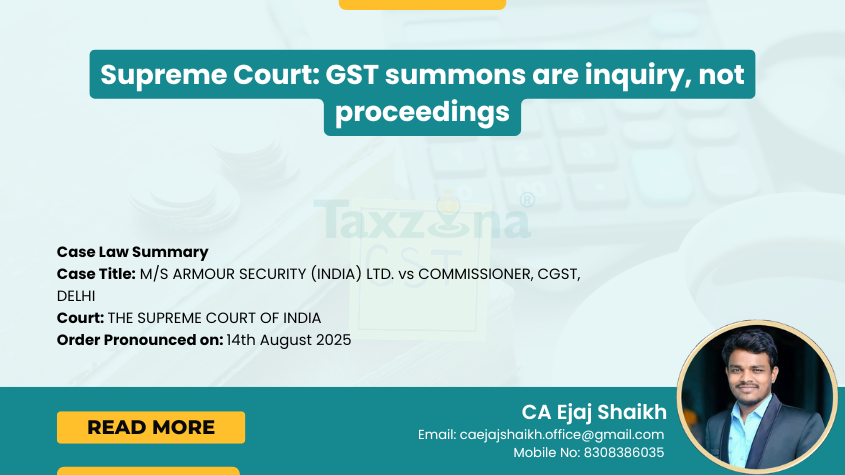
Supreme Court Clarifies GST Summons vs Proceedings
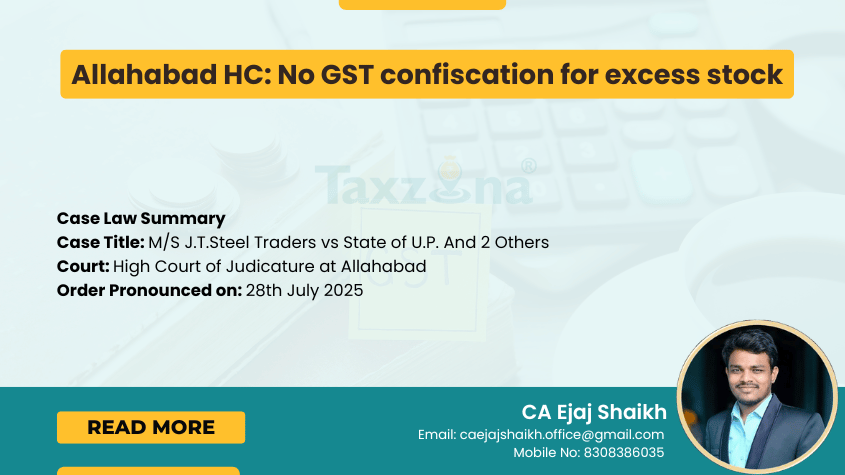
Allahabad HC Quashes GST Confiscation for Excess Stock
Have Any Question?
Our experts at Taxzona are here to help you with GST, Income Tax, and all your financial queries. Get reliable guidance tailored to your business and personal needs.

